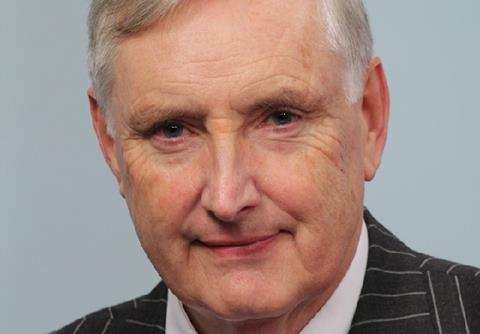
At BT, we have a philosophy of promoting the wellbeing of our people: it’s the right thing to do and it’s good for business. The drivers of wellbeing that we focus on are not just physical and psychological health but also security, relationships, the environment and purpose. In these uncertain times, security is a critical element in the way we support our people.
A sad reality of having a workforce of more than 100,000 people is that there is a good chance that some of them will be involved in any major incident. That was true in the 2005 London bombings, when one of our people was killed and several were injured, and it has been true more recently in the Manchester and the London Bridge attacks.
A key feature of our response to any major incident is to make sure as quickly as we can that our people are safe and well. As a major provider of communication services, we need to have a rapid response capability when there has been an incident to ensure that the networks on which the emergency services and others rely remain fully operational. We, therefore, use that response infrastructure to gather information about where our people are on duty: access security systems, GPS devices and business travel databases are integrated so we can contact those at risk and confirm that they are unharmed and located in a place of safety. Making sure that our people off duty are not hurt is more challenging and relies on managers conducting checks and reporting to the response team.
Line managers are key, not just in identifying potential casualties but also in providing first-line support. We have a well-established management training programme for identifying and supporting people in distress. Our support services, both the employee assistance programme (EAP) and our specialist in-house team, are well understood and used regularly for individual crises. Our systems ensure that they are fully engaged as soon as an event occurs and the in-house team is a core component of the incident response. Psychological support is offered to all those caught up in an incident and to the family and colleagues of those who have been harmed.
Practical and financial support can be as important, and the in-house team also assesses those needs and mobilises resources as required. Often what is required is minimal but there are no set limits. In 2005, we hired a helicopter to get one of our people home from London when travel by other means was medically inappropriate. The effects of major incidents last much longer than the media attention. We ensure that we follow up with our people who have been affected and, where clinically indicated, we will offer our psychological therapy service to help deal with late or extended mental trauma.
Dr Paul Litchfield is chief medical officer at BT Group
Read more:
How to support employees through times of crisis
PWC's culture of care supports employees during times of crisis








